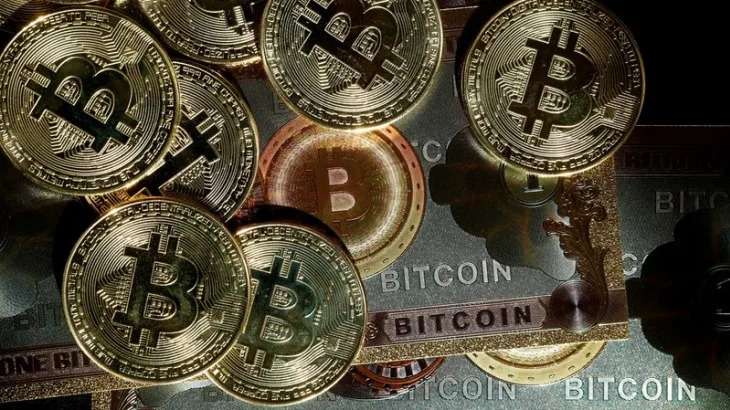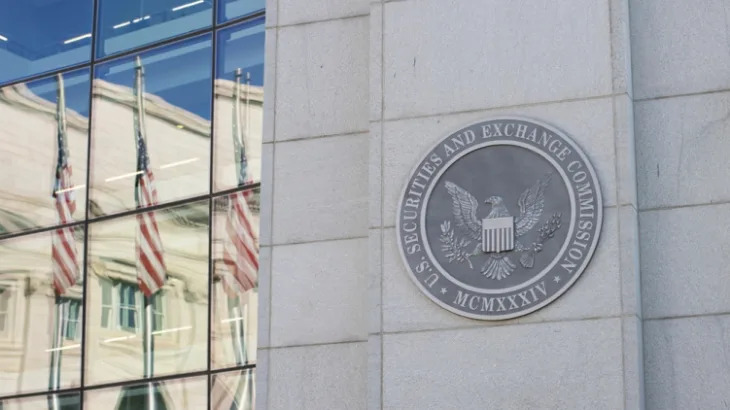This is The Takeaway from today's Morning Brief, which you can sign up to receive in your inbox every morning along with:
Everyone has an egg story lately.
My local Trader Joe’s has been entirely out of eggs for several weeks, so I ended up buying a couple dozen close to work and carting them home on the train. A colleague paid $12 for a dozen eggs at his grocery store in Queens.
And Waffle House, that hurricane-seriousness bellwether , is reflecting the egg-flation storm with a 50-cent surcharge .
It’s not just anecdata. Avian flu has created a severe egg shortage, driving up prices by 15% from December to January alone — for a whopping 53% change from January 2024. As our Brooke DiPalma reported, the USDA predicts egg prices could climb a total of 20.3% this year.
All of this has resulted in lots of egg memes and egg puns (guilty) and at least one economist joking that humans are trying to figure out how to lay eggs.
The egg price spike is easy to dismiss from a serious economic analysis perspective. After all, it’s a classic supply shock that is likely to be temporary. And anyway, the price of eggs isn’t included in core measures of inflation, which the Fed uses to guide its monetary policy.
But a carton of eggs, like a gallon of gasoline, is a highly visible, easily measurable benchmark for consumers. Even though the price increase is due to the special circumstances of an avian flu outbreak, those consumers could internalize and extrapolate the idea that inflation broadly isn’t coming down. (And indeed, in January overall, prices on both the consumer and wholesale level rose more than expected).
Consumer inflation expectations are already trending higher. Last Friday, the University of Michigan’s sentiment survey showed a jump to 4.3% , the highest one-year inflation expectation since November 2023.
Those expectations can be a self-fulfilling prophecy. If consumers expect prices to move higher, it can cause a bump in demand: “Let’s buy it now before it goes up more!” Obviously, no one is stockpiling eggs, given their limited shelf life, but it could, again, lead to the assumption that inflation is still broadly rising.
Add to that the threat of tariffs hitting big-ticket items like cars and refrigerators, and a pull-forward in demand could trigger more upward pricing pressure.
It all makes for a tough formula for the Fed.
“If the Fed cuts interest rates too early, it increases the likelihood that we will see a repeat of the 1970s,” Apollo chief economist Torsten Sløk wrote in a recent note to investors. (Disclosure: Apollo is the parent company of Yahoo Finance). “The Fed has no other options than to keep interest rates higher for longer.”
As for eggs, if you’re looking for price stability, one option could be going upmarket. The CEO of free-range egg producer Pete & Gerry’s told Yahoo Finance that his company isn’t raising prices.
Julie Hyman is the co-host of Market Domination on Yahoo Finance. You can find her on social media @juleshyman .





